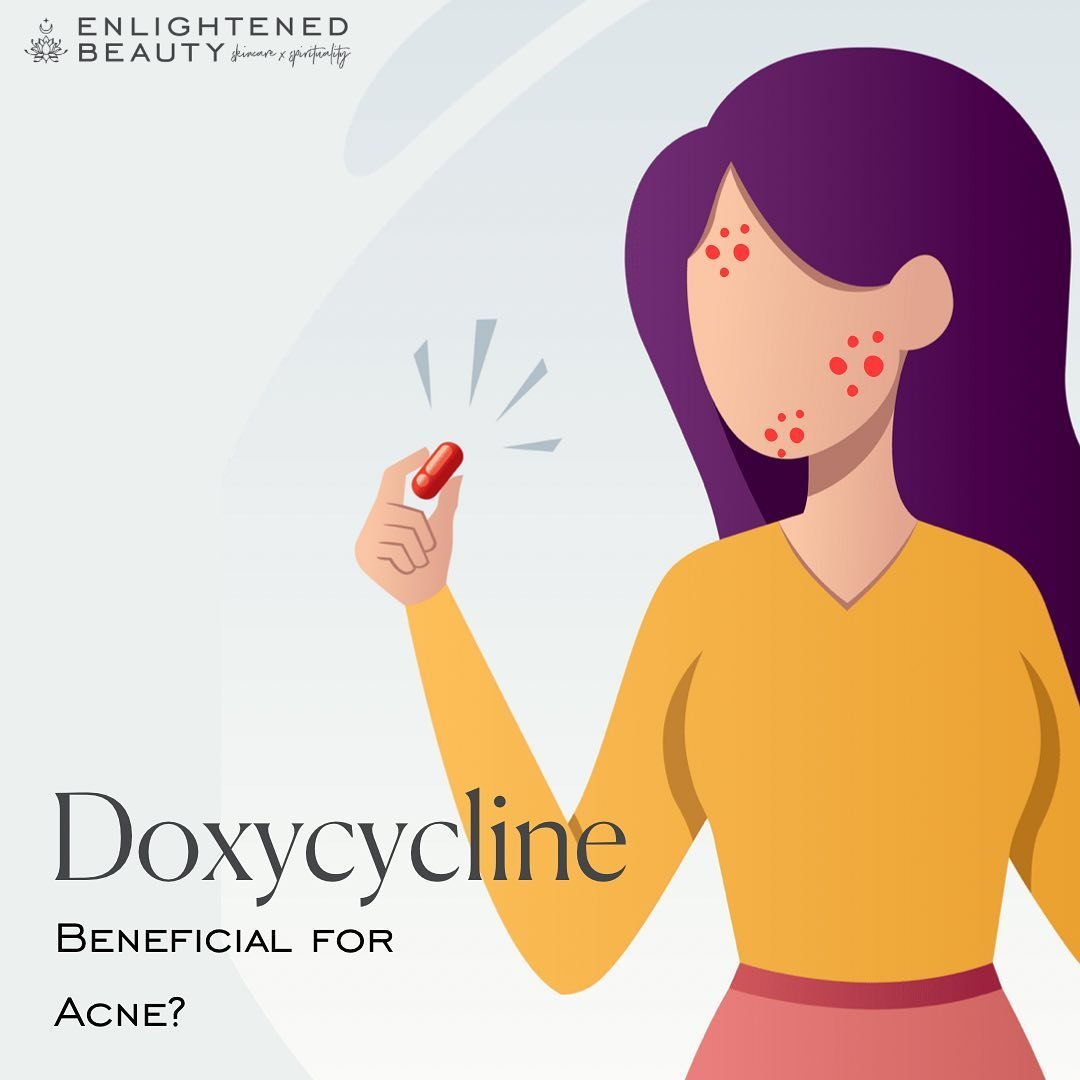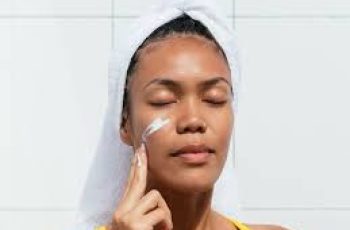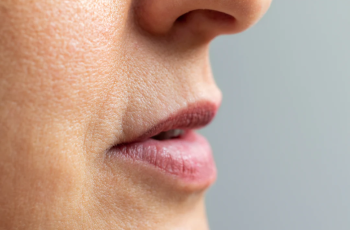What is Doxycycline?
Doxycycline is used to treat a variety of infections caused by certain types of bacteria. It is also used to treat or prevent anthrax (a serious infection) and is used to treat pimples and bumps caused by acne. It works to treat acne by killing the bacteria that infect pores and decreasing a certain natural oily substance that causes acne.
WHAT YOU SHOULD KNOW ABOUT DOXYCYCLINE:
You should know that doxycycline may decrease the effectiveness of hormonal contraceptives (birth control pills, patches, rings, or injections).
You should plan to avoid unnecessary or prolonged exposure to sunlight and to wear protective clothing, sunglasses, and sunscreen.
POSSIBLE DOXYCYCLINE SIDE EFFECTS:
nausea, vomiting, diarrhea, loss of appetite
itching of the rectum
swelling, redness, burning, itching, or irritation of the vagina
vaginal discharge
painful or difficult urination
sore throat or nose
swollen tongue
dry mouth
Anxiety
back pain
changes in the color of skin, scars, nails, and eyes.
This is why many people opt to see their esthetician instead of going this route. While doxycycline has helped people in the past, a trained skincare professional can help you find an alternative that won’t leave you feeling sick!
Searching for another way to treat acne without antibiotics?
You’re not alone — and an esthetician can help. An esthetician is a skincare professional who has undergone specialized training in the art of skincare. They’re different from dermatologists as they aren’t medical doctors, but they can still provide you with valuable advice, treatments, and recommendations for products that will help your condition, as well as prescribe you regimens on how best to use them.
The esthetician you see will not only provide you with products, but they will also work with you on your daily skincare routine and provide you with advice on how to use all of your products most effectively. They’ll be able to tell what type of product is best suited for your skin type, condition, and goals while also keeping in mind the cost constraints that are important to you.
Most estheticians don’t recommend doxycycline, here’s why:
Estheticians don’t recommend Doxycycline, the oral antibiotic that dermatologists often prescribe for acne sufferers. The reason is simple: it’s a powerful antibiotic and it can cause side effects like the ones you read above.
Doxycycline can also cause birth defects if taken while pregnant—so it’s important to be aware of the risks associated with taking this medication.
Other skin treatments to consider:
If you have acne, you may want to consider getting a chemical peel. Chemical peels are designed to treat problems like acne and fine lines. They can help to even out the color of skin and remove dead skin cells that make your skin look dull.
A good esthetician will recommend treatments for your specific needs, but some common ingredients that work for acne include:
Benzoyl peroxide—a powerful chemical that fights bacteria
Salicylic acid—an alpha hydroxy acid (AHA) that unclogs pores
Vitamin A derivatives such as Retinol or Retin-A—vitamin A helps repair damaged cells and promotes healthy new cell growth
Final Thoughts
As you can see, taking Doxycycline may be tempting when you’re hungry for results, but may really not be worth all the potential side effects that can come along with it. Its real problem is that it assumes a one-size-fits-all approach, which can have detrimental effects on some people.
It’s important to note that there is no one-size-fits-all regimen when it comes to acne. Estheticians are here to help by listening closely so they can determine exactly what it is that works best for each client as an individual person—not just their current symptoms or habits (or lack thereof).
We all want to look good and feel confident. With the help of an esthetician, you can get there. Seeing your local esthetician is a great option for anyone interested in improving their skin without resorting to prescription medication or invasive procedures. All it takes is some time, commitment, and patience, but ultimately you’ll be able to see the results for yourself!
DQH Knowledge drop: In your 20s, your skin cell turnover decreases. (Cell turnover is a key component in keeping your skin youthful.) You know what else slows down? Your collagen production. Starting in your 20s, collagen decreases by about 1 percent per year. Should you want to prevent fine lines and wrinkles, start by eliminating behaviors that contribute to premature aging. “If it’s bad for you, it’s bad for your skin,” says dermatologist Michel Somenek.
“Cigarette smoking reduces blood flow to the skin and causes premature wrinkling and a dull skin texture. Making the repeated pursed motion to inhale can also cause smoker’s lines. Alcohol and recreational drugs are toxins for the skin that damage its cellular structure and DNA,” Somenek tells us. “The faster you eliminate vices while you are young, the better chance your skin and body have to recuperate.” Also, adopting an anti-aging routine in your 20s is key. After all, the best offense is a good defense. We spoke to Somenek and experts Joshua Ross and Audrey Kunin to find out more.
Keep reading for the best anti-aging products for your 20s, according to skincare professionals.
Sunscreen
“We all know that the sun is the number one cause of skin aging and starting the prevention in your 20s is very important,” Ross says. “The majority of your sun damage won’t start to appear until you’re in your 30s, so don’t wait until you see it surface or you’ll be behind the curve. Stay ahead of it with a good-quality zinc-based sunscreen worn daily.”
Farmacy Green Defense Daily Mineral Sunscreen
An invisible sunscreen with SPF 30, plus botanical extracts meant to protect skin with tons of antioxidants. Bonus: It’s clean and fine to use under makeup.
Bareminerals Complexion Rescue™ Tinted Moisturizer Broad Spectrum SPF 30
Although we recommend you use your SPF and moisturizer separately, we also understand moments when you don’t have time or energy for that extra step. For those times, this bareMinerals moisturizer is a great thing to have on hand.
Vitamin C Serum
“A great introduction to anti-aging is to start with a vitamin C serum in your morning skincare routine,” Ross says. “It’s a powerful antioxidant that will neutralize free radicals and brighten the skin.” He adds that it’s a great way to counteract the effects of the sun’s harmful rays, which, as previously mentioned, are among the biggest causes of premature aging.
Drunk Elephant C-Firma™ Vitamin C Day Serum
The Drunk Elephant C-Firma is a lightweight serum that promises to give skin a glow by combining the brightening powers of vitamin C with ferulic acid, l-ascorbic acid, and vitamin E. The included sodium hyaluronate is meant to replace hydration loss, so you shouldn’t have to deal with any irritation.
Sunday Riley C.E.O. Rapid Flash Brightening Serum
This potent serum is jam-packed with vitamin C (15 percent, to be exact), which means it’s a potential superstar at both brightening skin and dousing it in antioxidants.
Peptides
Using peptides on your skin has many benefits, says Somenek. “The skin barrier is what defends the body against pollution, UV rays, bacteria, and toxins. It can be damaged by several everyday factors. Using topical peptides aids in building a stronger barrier,” he says. “Peptides comprise elastic fibers, which are a type of protein. These fibers help to make skin appear taut and firm. Peptides can also help repair damaged skin, relieve inflammation, and even out skin tone. Some peptides can kill acne-causing bacteria that is common in 20-somethings.”
Kunin agrees, saying, “Peptides are an excellent entry point for supporting collagen.” She recommends looking for face and eye treatments that contain these collagen-boosting powerhouses.
Charlotte Tilbury Magic Eye Rescue Cream
This Charlotte Tilbury super-emollient eye cream has a base of coconut oil and shea butter (read: it’s incredibly hydrating). Botanicals plus peptides are meant to help reduce dark circles and boost collagen, respectively.
This creamy moisturizer serves up potent collagen-boosting peptides and pycnogenol, and antioxidant-rich vitamin C. “Instead of sitting on top of the skin, peptides penetrate the outer layer so they go deep. The ‘signals’ they send tell the cells to produce elastin and collagen, which are needed for youthful-looking skin,” explains Somenek.
At-Home Peel Pads
Remember that skin cell turnover fiasco we talked about earlier? One way to help support it is by exfoliating. “Exfoliation is important to help keep skin fresh and luminous,” Kunin says. She recommends using at-home peel pads as an easy and effective way to exfoliate.
“The goal in your 20s is to fight the slowing pace of cell turnover. It is wise to use products that gently exfoliate, yet still remove oil and other impurities. Products that have Alpha Hydroxy Acids (AHA) or Beta Hydroxy Acids (BHA) are a good choice.”
According to Somenek, you should only exfoliate two to three times a week. “People of all ages are guilty of over-exfoliating and that can be too much of a good thing,” he says.
Dermadoctor Kakadu C Intensive Vitamin C Peel Pad
A few swipes of this Derma Doctor powerful peel pad promise to leave your skin glowing and smooth, thanks to the seven (yes, seven) types of chemical exfoliants, including AHA and BHA. It also contains vitamin C via Kakadu plum extract for added brightening and antioxidant protection.
KEY INGREDIENTS Kakadu plum extract is sourced from the Kakadu plum, a fruit grown in northern Australia. It contains vitamin C, which restores the skin’s natural barrier, increases collagen production, and soothes irritation.
Dr. Dennis Gross Skincare Alpha Beta® Universal Daily Peel Pads
These are the gold standard of peel pads, with a cult following and over 900 five-star reviews on Sephora. They’re easy to use and contain a blend of anti-aging exfoliating acids.
Emollient Night Cream
“In your 20s, you need to start upping the hydration in your skincare routine. You may have been cautious of over-moisturizing because of acne in your teens, but as you enter your 20s, your skin transitions and becomes drier,” Ross says. “I recommend an emollient night cream added into your evening skincare regimen.”
“Twenty-somethings need to make sure that they are not using creams that will clog their pores and cause excess oil production,” says Somenek. Opt for non-comedogenic products.
Cerave Skin Renewing Night Cream
One great choice is the CeraVe Skin Renewing Night Cream, which is a non-comedogenic night cream that leaves skin soft and glowy. It combines the moisturizing powers of ceramides and hyaluronic acid.
RoC Retinol Correxion Max Hydration Creme
“The best night cream ingredients contain retinol, benzoyl peroxide, and/or salicylic acid or hyaluronic acid. The goal is to moisturize, yet remove excess oil,” says Somenek. This Roc Retinol Correxion cream fits the bill as it contains both hyaluronic acid and retinol so it promises to moisturize while also being non-comedogenic.



